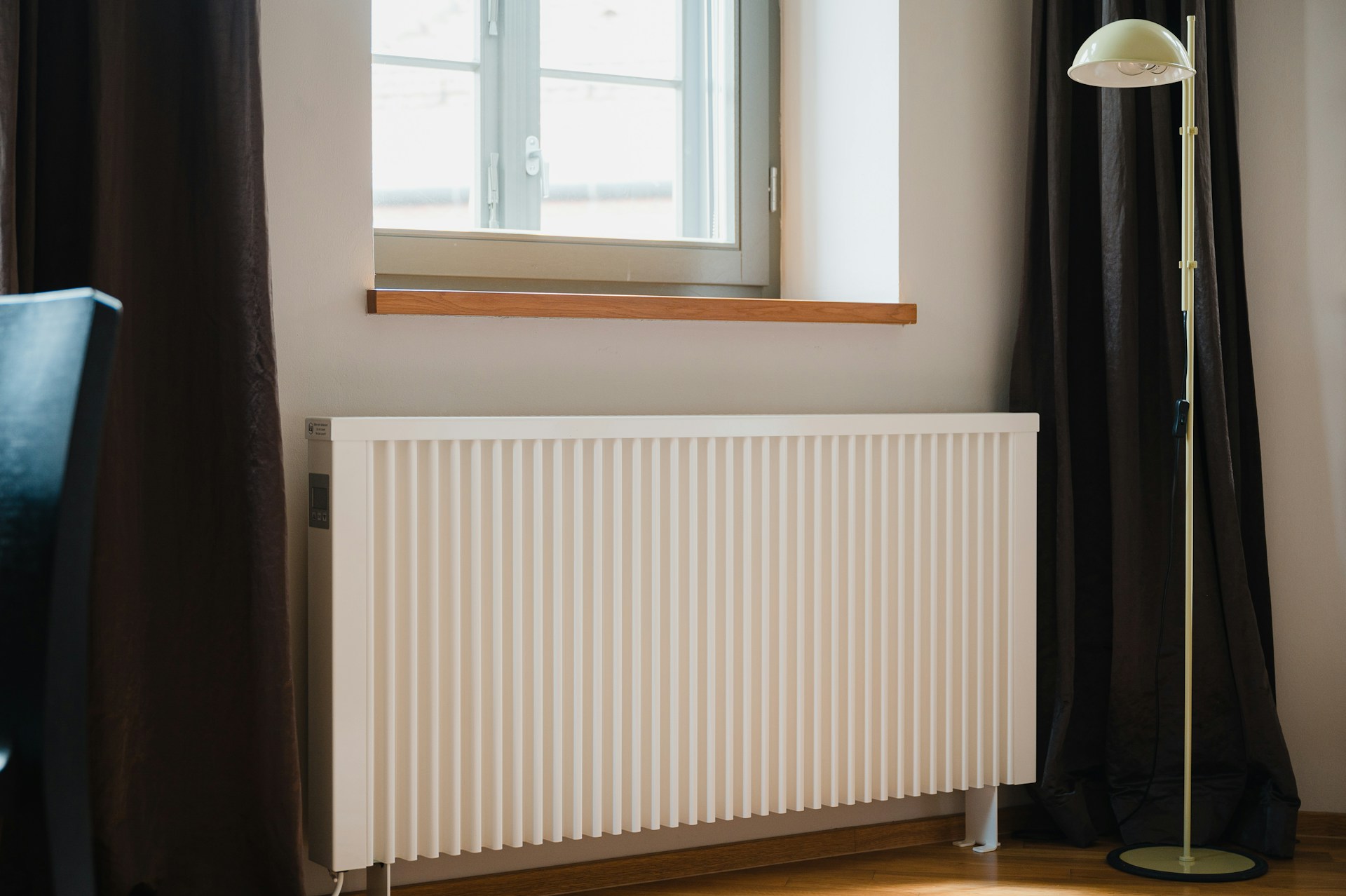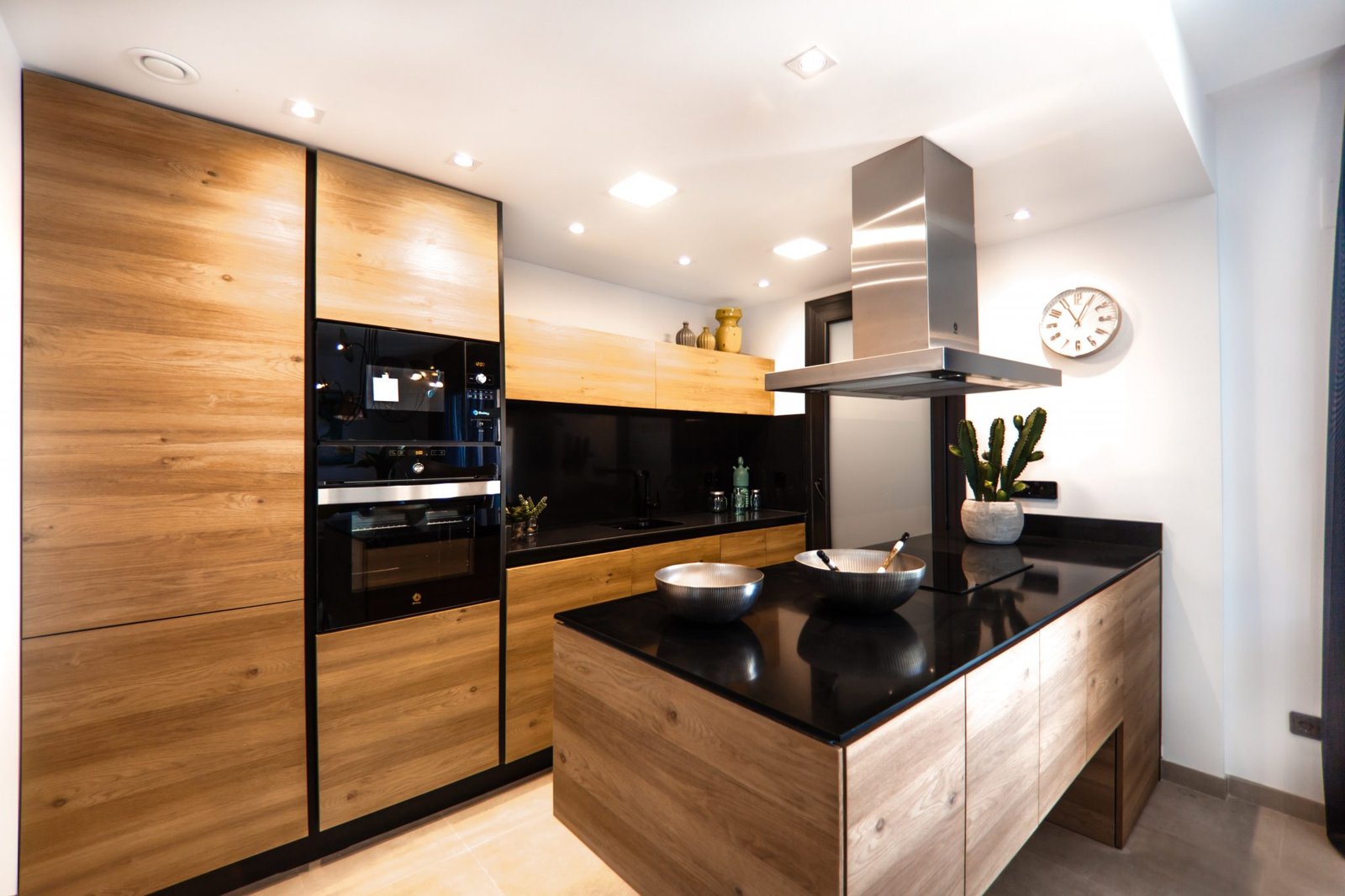Welcome to the savvy homeowner’s guide to getting the most out of your radiators. Heating systems not only play a pivotal role in creating a comfortable living environment but also constitute a significant portion of a household’s energy cost. As such, understanding how to efficiently operate and maintain your radiator heating system can greatly improve your home’s energy efficiency and reduce your heating bills.
Bleed Your Radiators Regularly
Periodically bleeding your radiators ensures that they function optimally. This process involves releasing any trapped air in the radiator system, which might limit the even distribution of heat. Bleeding radiators is relatively straightforward and can be carried out a couple of times a year or when you notice cold spots at the top of your heaters.
Insulate Your Home
One of the most effective ways of reducing your heating costs is by preventing heat loss through windows, doors, floors and walls. Double-glazing windows, insulating walls and lofts, and sealing gaps around doors and windows can contain the heat generated by your radiators within your home for a longer period.
Use Thermostatic Radiator Valves (TRVs)
TRVs provide an efficient way of controlling your heating on a room-by-room basis. By automatically turning a radiator down or off when the room reaches the desired temperature, you avoid unnecessary energy consumption and costs. Remember to keep your TRV settings on low in rooms that you rarely use.
Maintain an Optimal Boiler Pressure
Your radiator heating efficiency can be greatly affected by the pressure of your boiler. Too high or too low pressure can cause the system to work harder than necessary, thus consuming more energy. Therefore, always try to maintain your boiler pressure at the manufacturer’s recommended levels.
Choose a Suitable Position for Your Radiators
Thoughtful positioning of your radiators can significantly enhance their heat distribution. Radiators work best when placed in the coldest part of the room, usually under a window or against an external wall. Avoid placing large pieces of furniture in front of radiators as they can absorb the heat, reducing its effectiveness.
Regular Servicing
Like any other system, your radiators will perform better if they are regularly serviced. A professional check-up will identify and fix any hidden problems, improving the overall efficiency of the radiator system.

In conclusion, these simple yet effective tips can help minimise your heating costs while maintaining a warm and cosy home environment. Whether it involves regular bleeding of radiators, installing TRVs or insulating your home, proper maintenance and operation of your radiator heating system can contribute to substantial energy savings. Not only will you enjoy a more comfortable living space, but you will also be playing your part in conserving the environment by using energy more responsibly.






